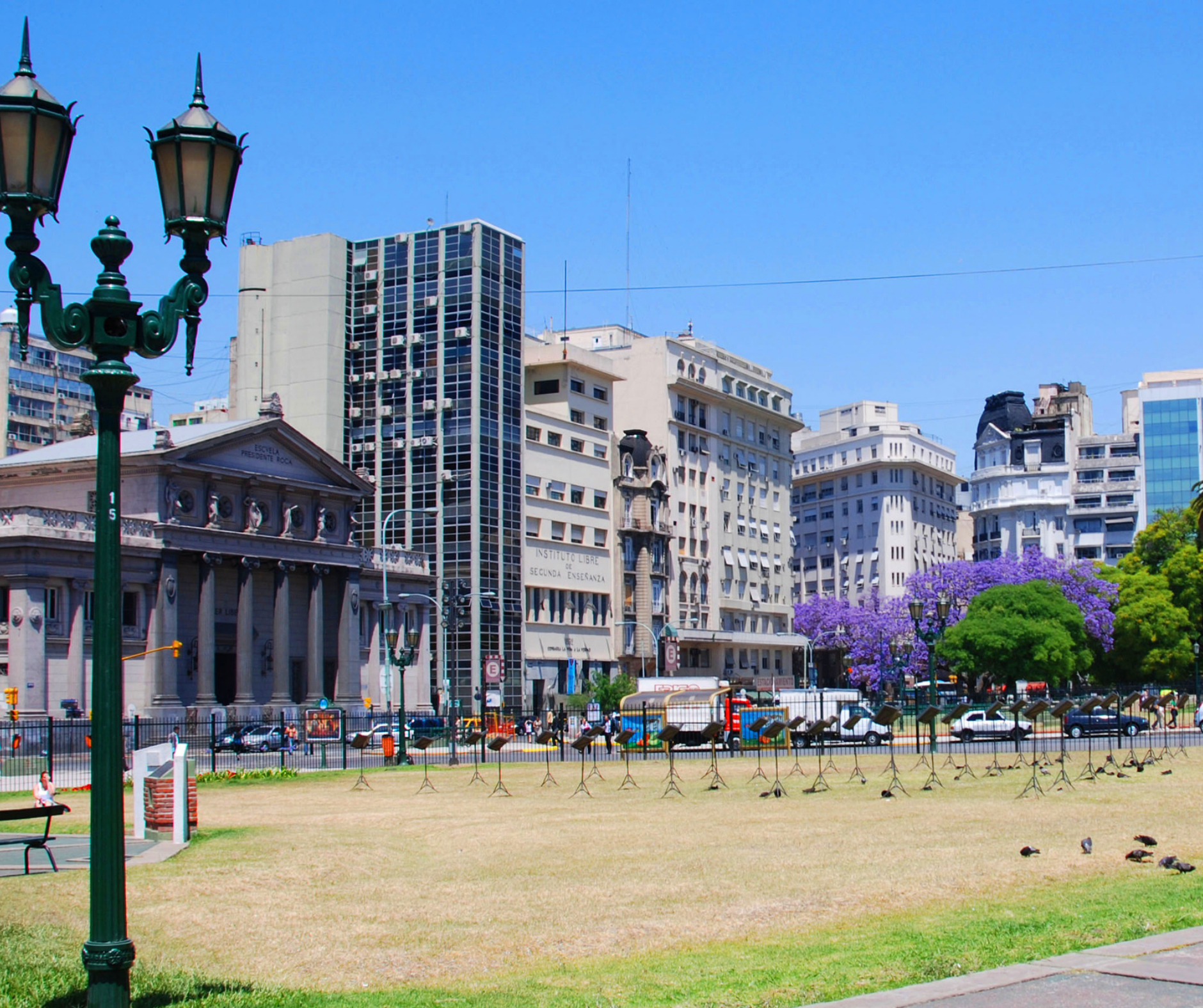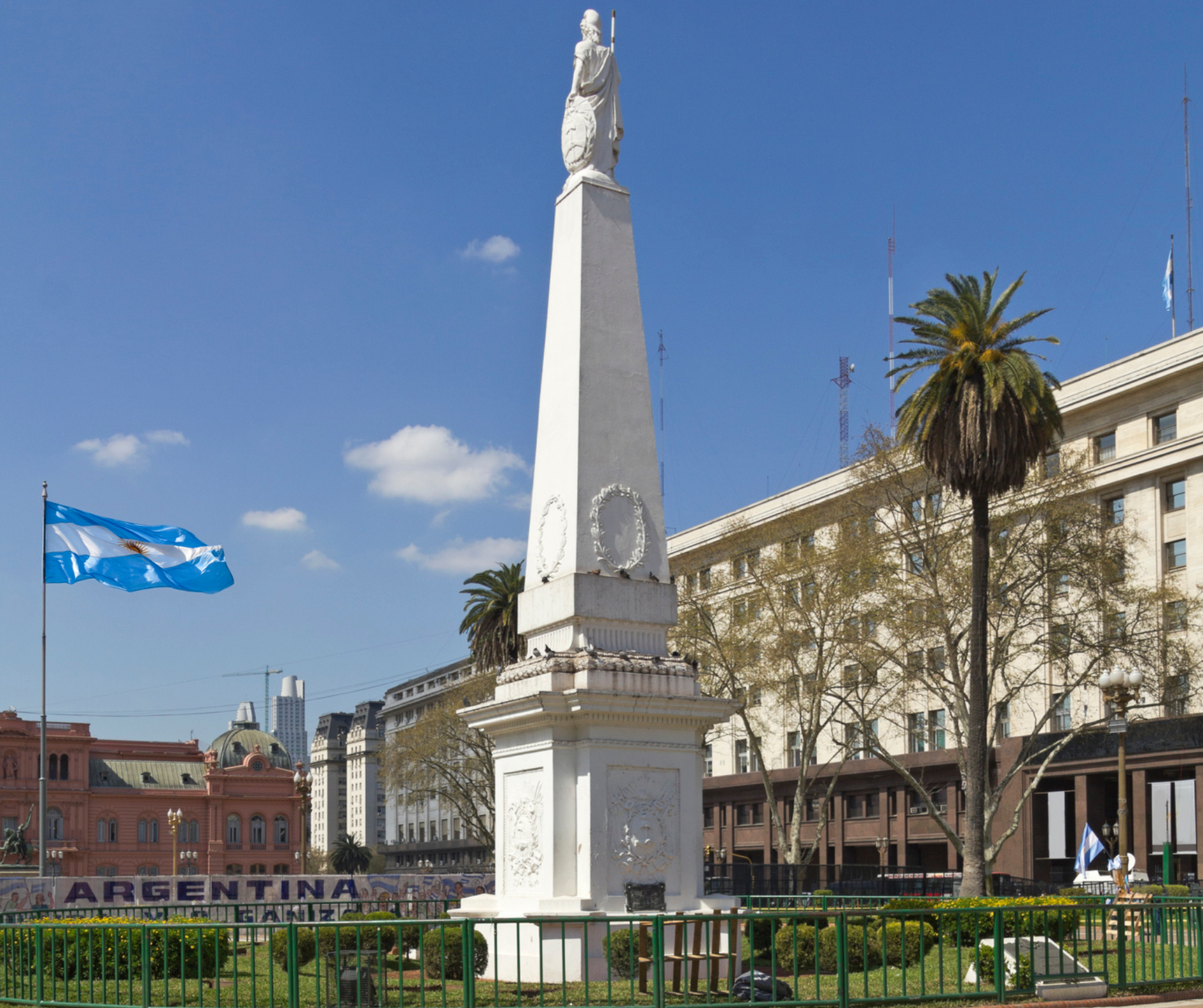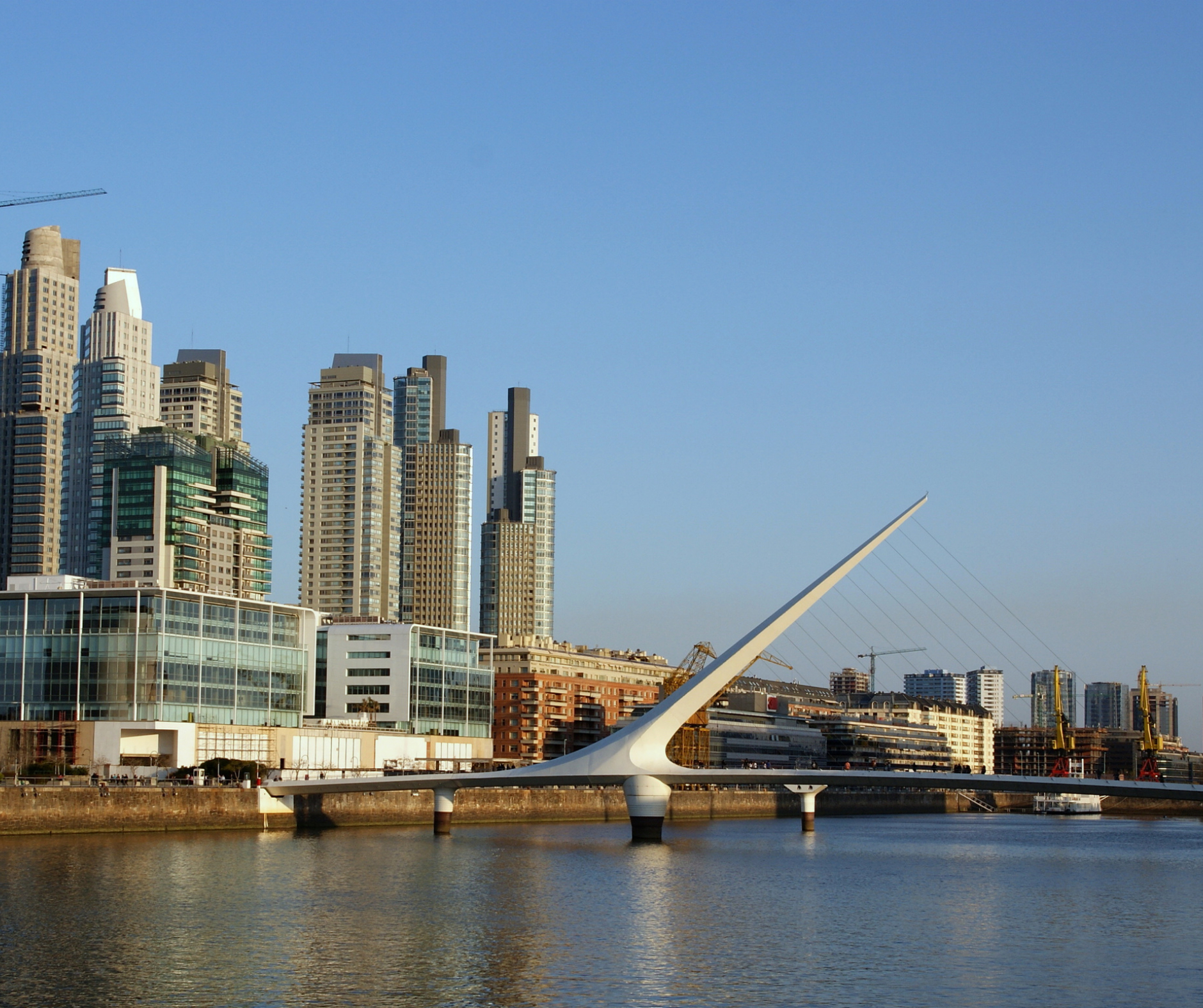Argentina, the birth place of Tango, boasts a rich historical tapestry intertwined with indigenous cultures, Spanish colonialism, and waves of European immigration. When the Spanish explorers arrived, they were captivated by the indigenous people adorned in silver jewelry, leading them to name the land Argentina, meaning “Silver Land.” The capital city, Buenos Aires, initially christened “Real de Nuestra Señora Santa María del Buen Ayre” after a goddess from history who saved tailors, became a haven for European immigrants from the 16th century until the end of World War II in 1945.

Founded in 1536, Buenos Aires officially became the capital of the Argentine Republic in 1880. This vibrant city became synonymous with Tango, a passionate dance and music genre that emerged over 150 years ago. Tango found its roots in the diverse cultural melting pot of Buenos Aires, flourishing in luxurious theaters, bustling cafes, and even in the streets. Tango’s evolution mirrored the city’s own transformation, reflecting the influences of European, indigenous, and African cultures.

Buenos Aires, often hailed as the third most romantic city in the world after Venice and Paris, became a sanctuary for lovers of dance and music. The dance of Tango, with its intricate steps and dramatic movements, became an emblem of Argentina’s identity. The city’s appeal extended beyond its artistic allure; Buenos Aires was ranked second by Traveler’s Digest for having the most attractive people, showcasing the unique blend of European and South American beauty found in its confident women.

In this captivating city, our recommended hotel is nestled in downtown Buenos Aires, providing easy access to historical landmarks. A leisurely stroll takes you to Plaza de Mayo, where the Presidential Palace stands tall, overlooking the square. Nearby lies the Metropolitan Cathedral, the city’s principal Catholic church, a testament to the deeply ingrained religious heritage of Buenos Aires. Notably, Buenos Aires is also the hometown of Pope Francis, adding a spiritual dimension to its cultural and historical significance. Explore the city’s streets, and you’ll find echoes of the past intertwined with the passionate rhythms of Tango, showcasing Argentina’s unique cultural identity.

